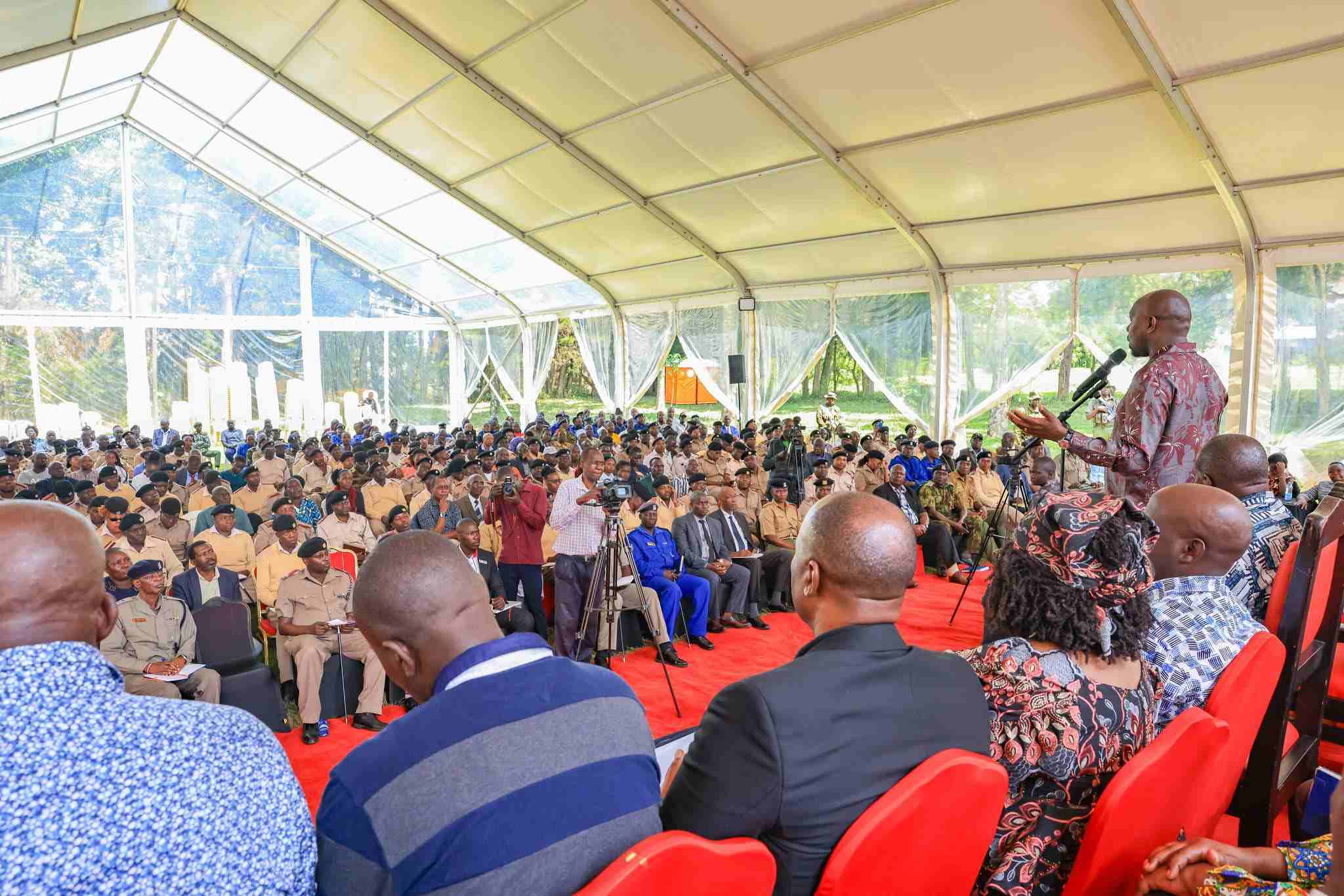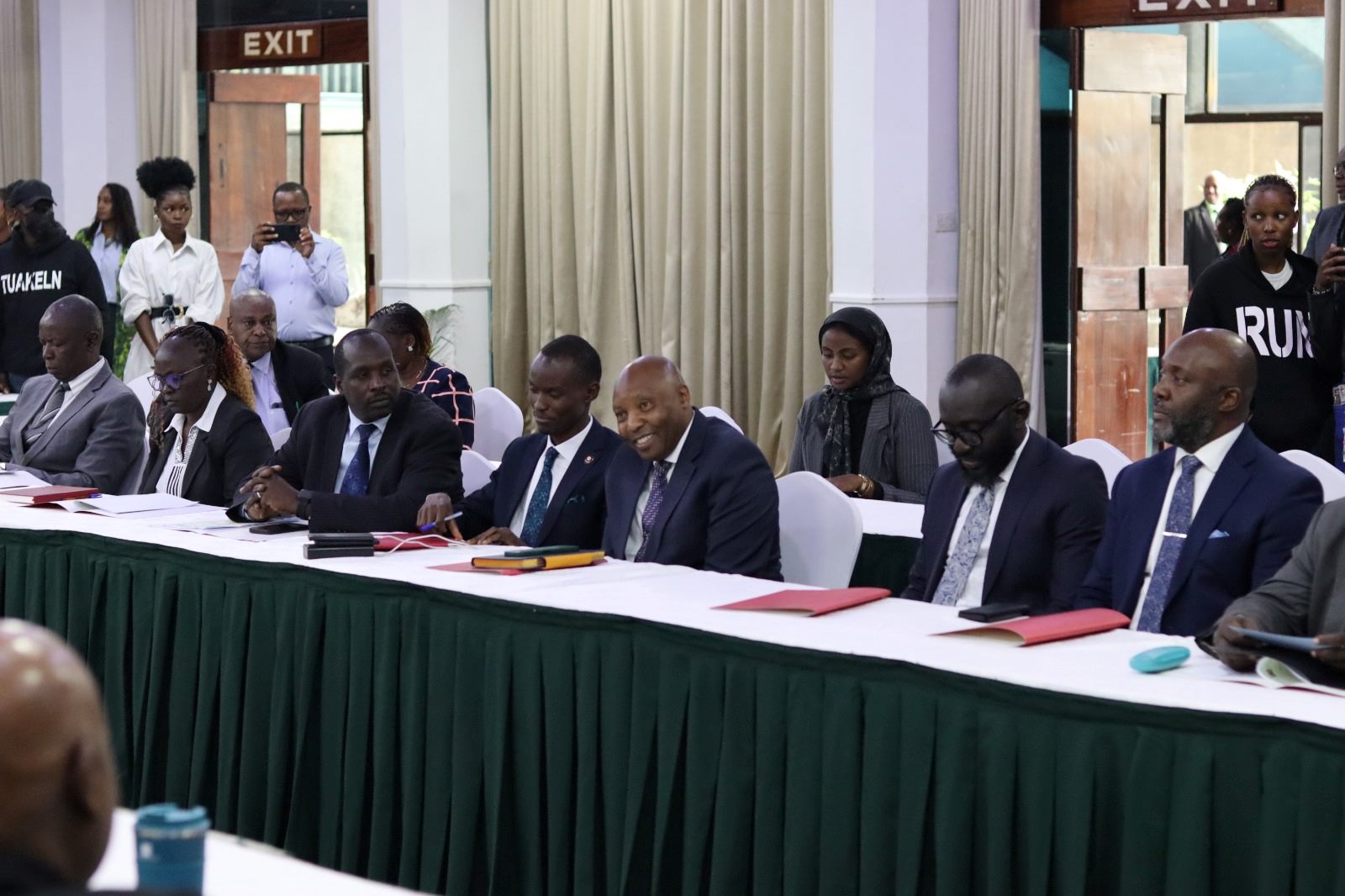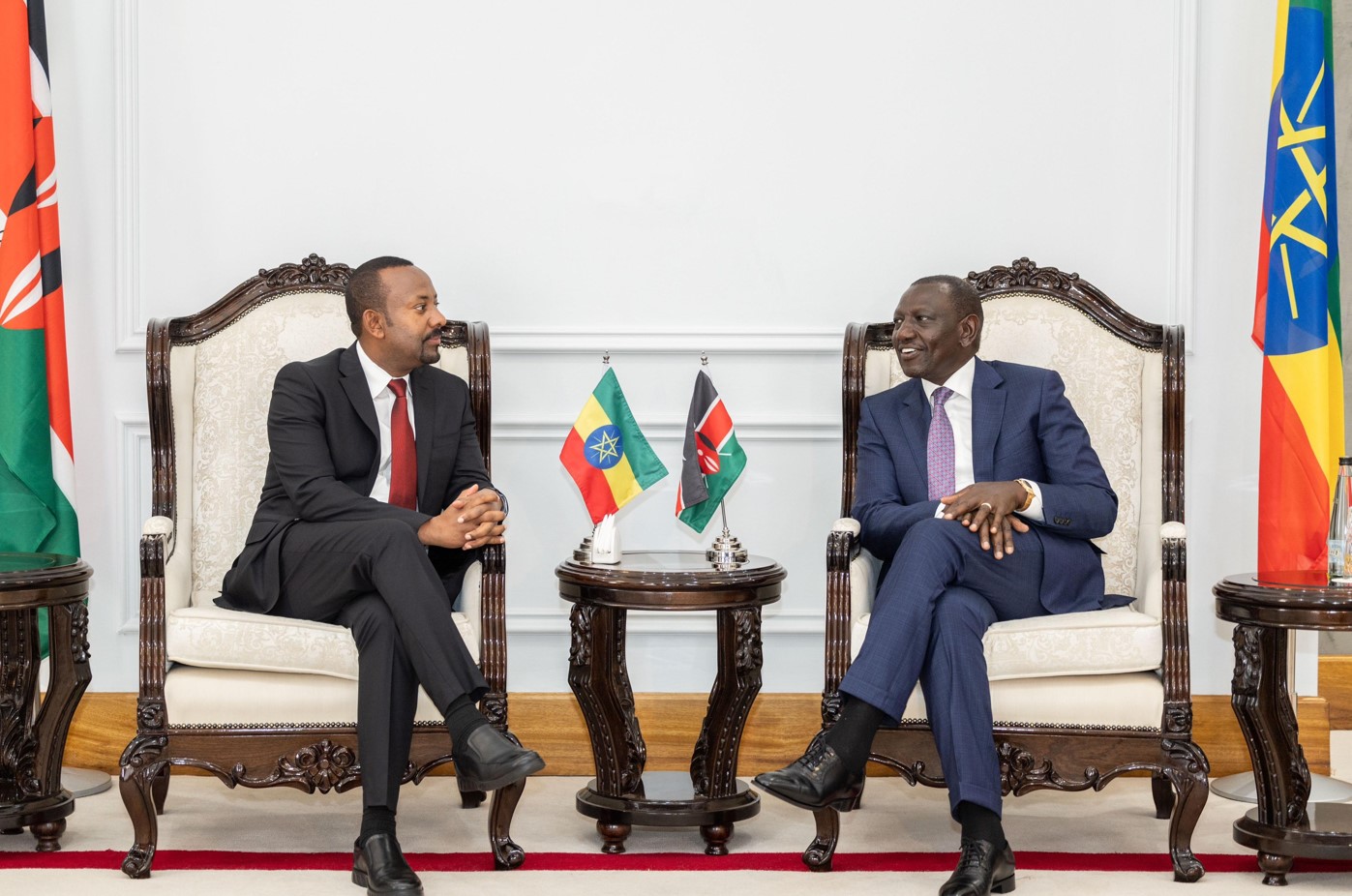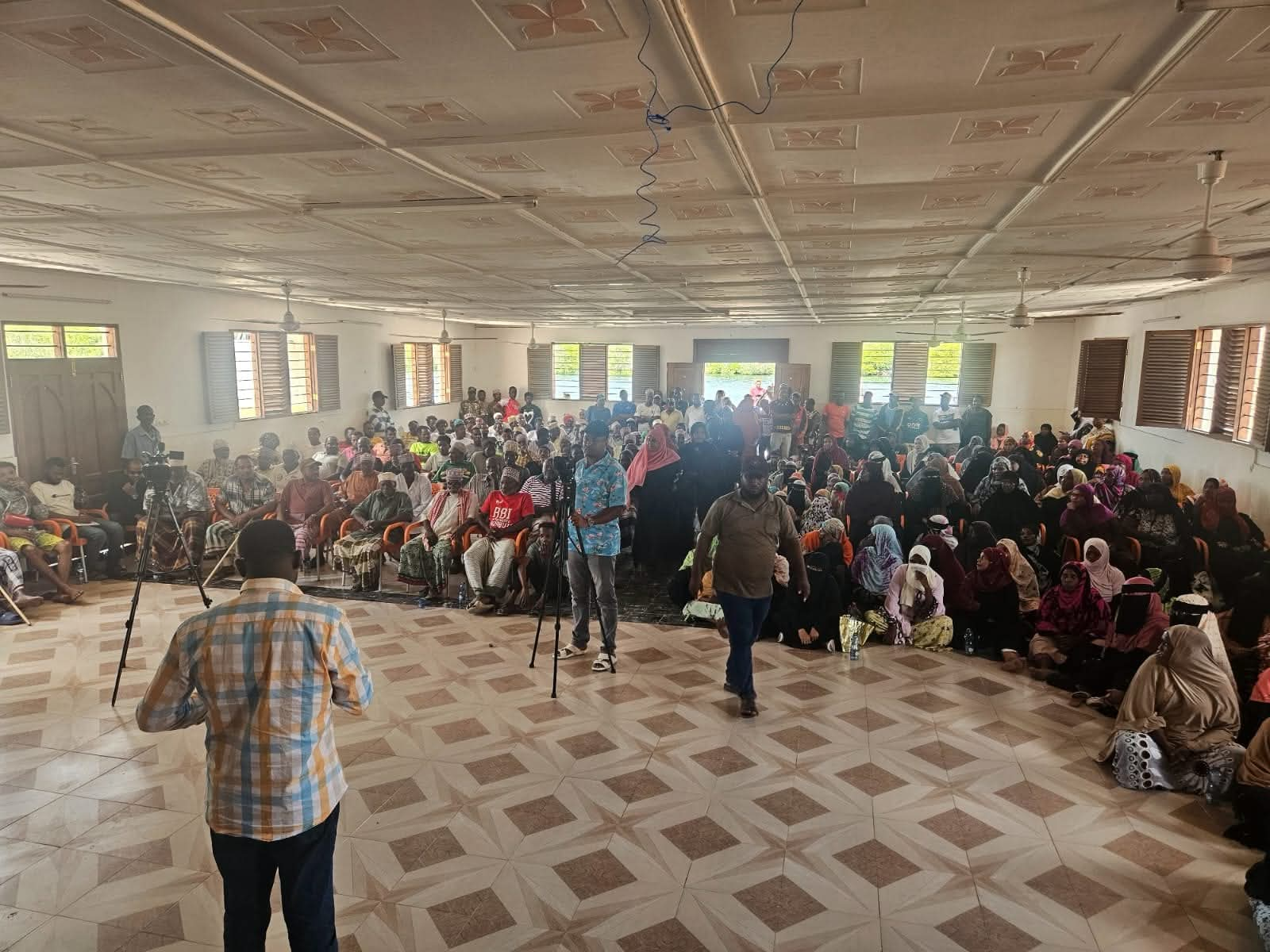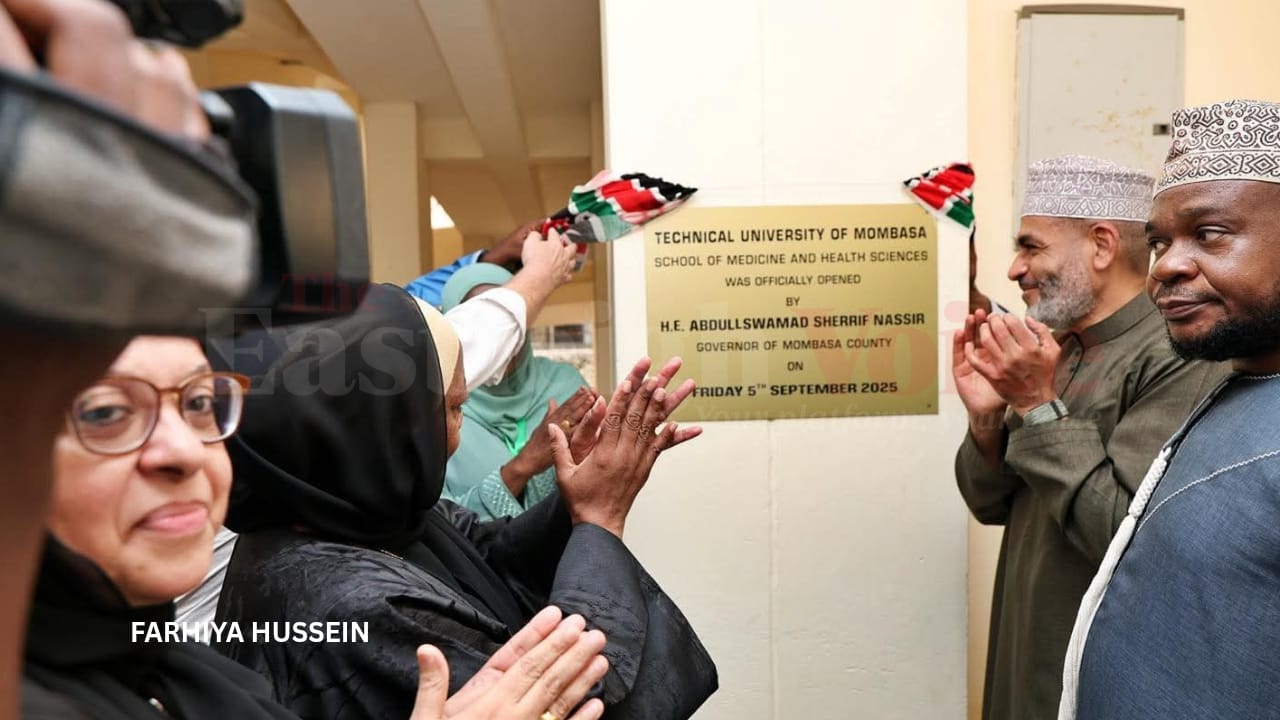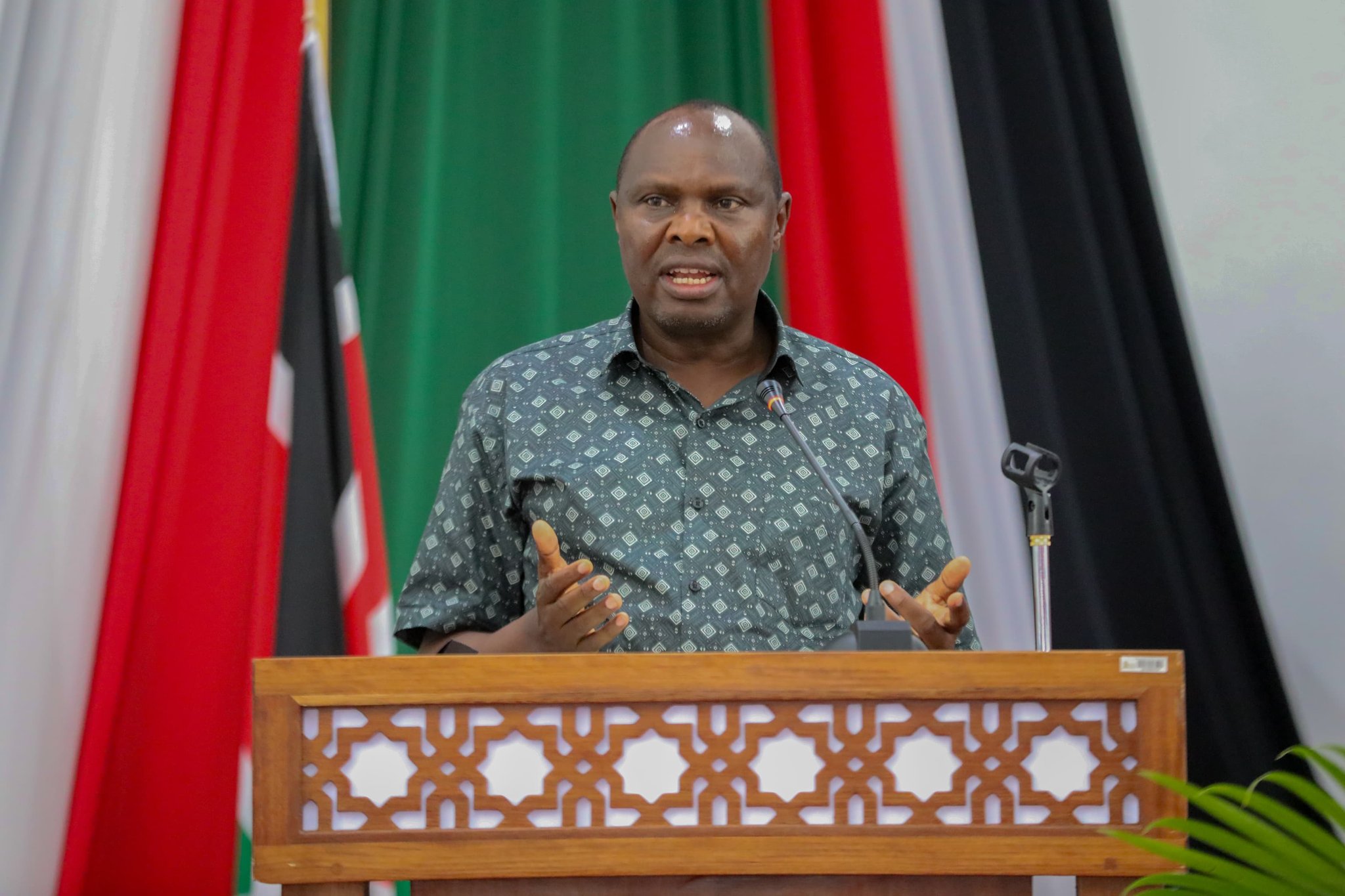Funding crisis looms over universities, TVETs as HELB and exam budgets slashed
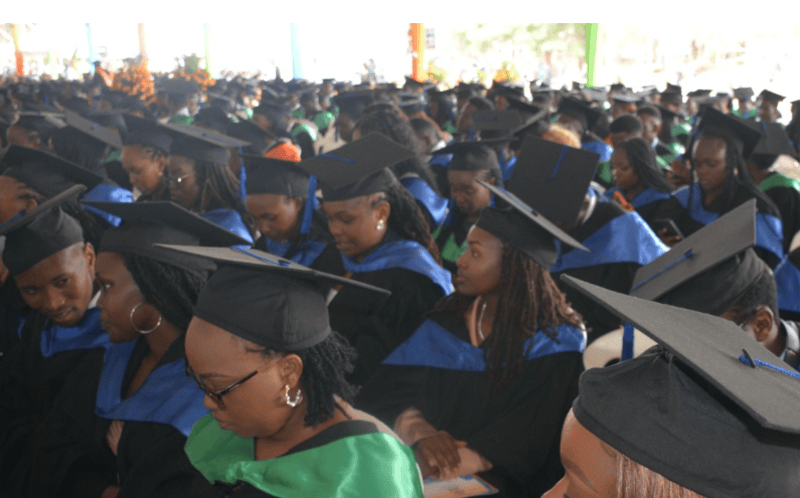
The National Treasury has indicated that the allocation was excluded due to ongoing revenue shortfalls and competing expenditure demands across government sectors.
University students risk being locked out of learning opportunities as the Higher Education Loans Board (HELB) remains underfunded in the 2025/26 budget, with a Sh34 billion shortfall for university scholarships threatening access to higher education for thousands.
The National Treasury has indicated that the allocation was excluded due to ongoing revenue shortfalls and competing expenditure demands across government sectors.
More To Read
- Kenya deviates from debt plan, risks debt trap amid soaring interest payments – CoB
- State agencies owe Sh6 billion in unpaid statutory deductions, Treasury warns
- From classrooms to shelters: Gaza children face third year without education
- 1,420 public agencies now on government’s e-procurement platform
- HELB extends student loan application deadline
- MPs demand probe into Sh373m stalled amphitheatre project at University of Eldoret
Appearing before the National Assembly’s Budget and Appropriations Committee on Thursday, Treasury Principal Secretary Chris Kiptoo revealed that the current budget estimates have not provided funds for HELB university scholarships or the Sh11.3 billion needed for Technical and Vocational Education and Training (TVET) scholarships.
“These are essential expenditures. We urge the committee to revisit these votes before submitting its report next week,” Kiptoo said.
The 2025/26 budget estimates, under scrutiny by the Sam Atandi-led committee, have also overlooked funding in several other key areas across the security, education, health, agriculture and electoral sectors.
Among the glaring omissions is a Sh17.6 billion allocation for police medical cover and Sh6 billion for police group life insurance, both of which were not included in the budget.
In the education sector, despite claims by the Education Committee that funding for national examinations was reinstated, Treasury data shows that Sh11 billion is still required for administration and invigilation of exams.
Programmes such as free day secondary education, junior secondary school, and the national school feeding programme also remain underfunded.
The health sector, Treasury said, requires an additional Sh20 billion to cater for the Primary Healthcare Fund and the Chronic and Critical Illness Fund. In agriculture, the Sh10 billion needed for the fertiliser subsidy programme and Sh1.7 billion for the seed subsidy were also left out of the current budget.
Treasury further told MPs that Sh9.2 billion required for the preparation of the 2027 General Election has not been allocated.
“Economic indicators have rebounded. Inflation has also declined,” Kiptoo noted, indicating that the fiscal environment may support a relook at government priorities.
However, MPs raised concerns over the effectiveness of past tax measures.
“In your assessment, are the taxes of last year worth it based on what they generated? Was there revenue in the 2023 Finance Bill?” Kiharu MP Ndindi Nyoro said.
Kiptoo responded by calling for a broader policy discussion. “We need to have a conversation on zero-rating because the industries can push [the costs] to consumers,” he said.
The committee is scheduled to retreat to begin drafting its report ahead of tabling in the National Assembly.
Meanwhile, the National Assembly’s Education Committee has submitted proposals aimed at cushioning the education sector from further strain.
Chairperson Julius Melly (Tinderet MP) has recommended a reallocation of Sh5.9 billion from recurrent capitation votes to support the administration and invigilation of national examinations, a vote previously excluded from the estimates.
The proposed reallocation would draw Sh3 billion from secondary schools, Sh2 billion from junior secondary schools, and Sh900 million from primary schools. However, Melly stressed that the total funding required is Sh11 billion, leaving a shortfall of Sh5.1 billion.
“Examinations are a critical component of our education system. Without proper funding, the credibility and effectiveness of the assessment process are at risk,” he said while appearing before the Budget and Appropriations Committee.
The committee also proposed Sh7.3 billion to transition 20,000 intern teachers to permanent and pensionable terms once their contracts expire later this year. To address staffing gaps in technical training institutions, Sh1.9 billion has been requested for the recruitment of 2,000 TVET instructors.
“This will bridge the current TVET instructor gap, which stands at 6,000,” Melly added.
Other major funding requests include Sh17 billion to support 208,000 university students under the scholarship programme and Sh3.7 billion as a matching fund to support school infrastructure development through the National Government Constituencies Development Fund (NG-CDF).
The Budget and Appropriations Committee is expected to deliberate on these proposals, among others, before finalising its report later this week.
Top Stories Today
Reader Comments
Trending
